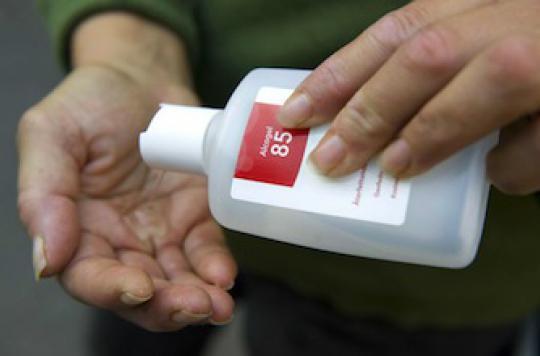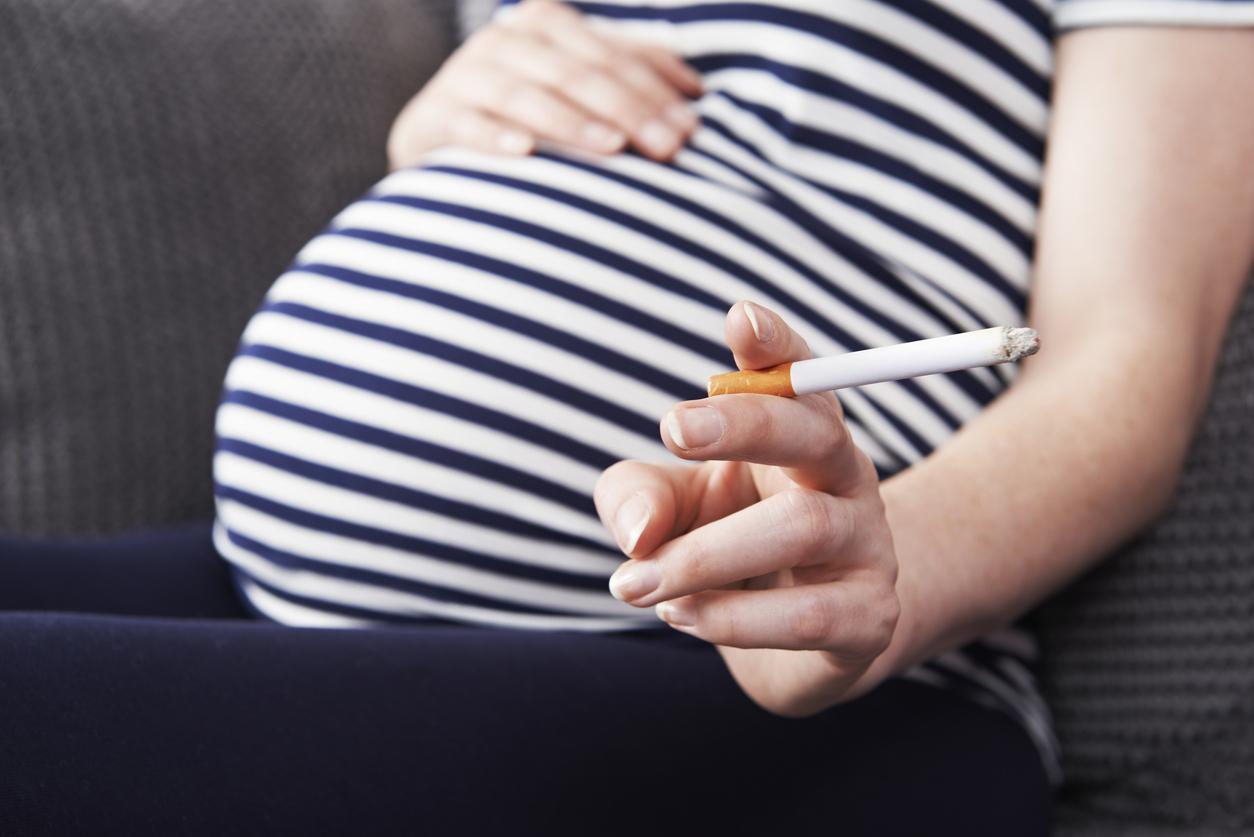US health authorities are asking manufacturers of antibacterial gel to prove that these products are truly effective and harmless. Studies have suggested risks for humans.

Are the antibacterial gels used by millions of users in Europe and the United States safe? In any case, this is the question posed by the American health authorities who asked manufacturers this Monday to demonstrate that their products are really effective and harmless to health. Recent studies have in fact alerted the United States Food and Drug Administration (FDA) to the potential dangers of these products.
Manufacturers forced to prove the safety of their gel
According to the new rules proposed by the FDA, manufacturers who fail to meet these demands will have to change the formulation of their antibacterials or their labeling in order to remain in the market. However, this decision does not concern antibacterial gels used by doctors and in hospitals. In any event, it will be the subject of a 180-day public consultation period before coming into force, if any.
Gels suspected of causing hormonal imbalances
Although antibacterial soaps are considered safe and effective by millions of American consumers, “there is no evidence to date that they are more effective than regular soaps,” says the FDA. Worse, as the American authority points out, recent studies have indicated that regular and prolonged use of certain agents contained in antibacterials, such as triclosan and triclocarban, could lead to bacterial resistance or cause hormonal disturbances.
“Antibacterial soaps and other similar products are used very frequently in every home, workplace, school and public places, where the risk of infection is relatively low,” said Dr Janet. Woodcock, director of the FDA’s Center for Drug Research and Evaluation. “Because of this very high exposure to the agents that are in antibacterial soaps, we believe that their benefit should be clearly established against any potential risks,” she explained.
Hand washing with soap is still the safest
In 2009, during the H1N1 influenza pandemic, the Medicines Safety Agency (Afssaps) issued recommendations on the conditions of use of these disinfection products. She also indicated on this occasion “to give priority to hand washing when a drinking water point is available.” And to use hydro-alcoholic solutions and gels in the absence of available water point. ”
In addition, after evaluation, Afssaps recommended giving preference to hydro-alcoholic products presented in the form of solutions or gels tested according to standard NF EN 14476. This information must appear explicitly on the labeling. In the absence of reference to this standard are also recommended products based on ethyl alcohol (or ethanol) or propyl alcohol (propan-1-ol or n-propanol) or isopropyl alcohol (propane-2- ol or isopropanol), the optimum concentration of which is between 60% and 70% (volume / volume). The alcohol concentration must be visible on the labeling, the Agency reminded us.
For its part, the World Health Organization recently indicated that practicing hand hygiene by rubbing alcohol is a faster, more effective but less tolerated procedure than washing with water and an antiseptic soap because alcohol may be irritating on contact with the skin. “It nevertheless improves compliance by users and enables them to comply with the recommendations relating to good hygiene practices,” concluded the Organization.
.

















